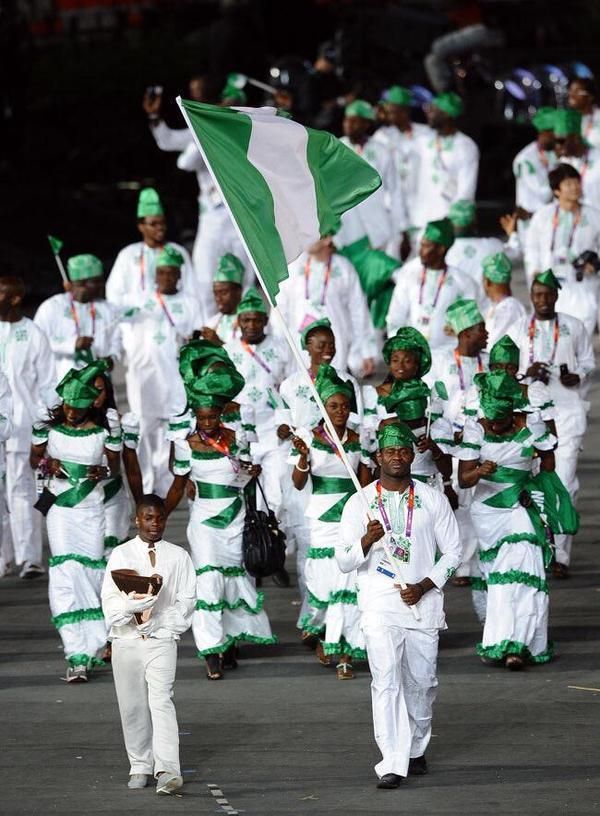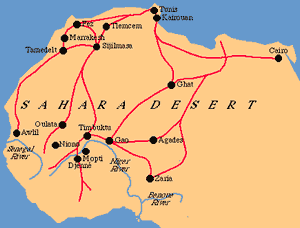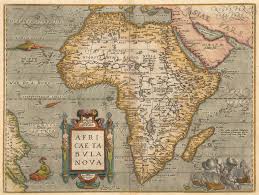Nigeria’s First Republic: Rise, Fall, and the Path to Military Rule

Nigeria’s First Republic: Rise, Fall, and the Path to Military Rule
Explore the story of Nigeria’s First Republic, from its hopeful beginnings to its collapse and the military takeover that reshaped the nation's political future.
Nigeria's First Republic (1960–1966) was a period of great promise and political evolution following the country's independence from Britain. The Republic, however, was short-lived, ending abruptly with a military coup in 1966. The fall of the First Republic was a result of deep-rooted political instability, ethnic rivalries, corruption, and election-related crises that created conditions ripe for military intervention. This blog explores the rise and eventual collapse of Nigeria’s First Republic.
The Birth of the First Republic
On October 1, 1960, Nigeria gained independence from Britain, adopting a parliamentary system of government modeled after the British Westminster system. Initially, Queen Elizabeth II remained the head of state, but in 1963, Nigeria declared itself a republic, with Dr. Nnamdi Azikiwe as the first ceremonial president and Sir Abubakar Tafawa Balewa as the prime minister.
The country operated a federal structure with three major regions:
- Northern Region (dominated by the Northern People’s Congress - NPC)
- Eastern Region (dominated by the National Council of Nigerian Citizens - NCNC)
- Western Region (dominated by the Action Group - AG)
In 1963, a fourth region, the Midwestern Region, was carved out of the Western Region. Despite this federal arrangement, ethnic and regional politics created significant tension.
Political Developments and Challenges
Ethnic and Regional Tensions
The dominance of ethnic-based political parties led to fears of regional marginalization. The NPC, led by Ahmadu Bello, controlled the Northern Region and the federal government, while the NCNC, led by Nnamdi Azikiwe, was strong in the East. The AG, under Obafemi Awolowo, had its base in the West but aimed for national reach.
These ethnic alignments created suspicion and distrust, especially as the NPC-controlled federal government was perceived as favoring the North. The political alliances formed before and after the 1959 elections contributed to growing political instability.
Western Region Crisis and Political Breakdown
The first major sign of instability came in 1962 when the AG experienced a leadership crisis between Awolowo and his deputy, Samuel Akintola. This led to a bitter split, with Akintola forming the Nigerian National Democratic Party (NNDP) and aligning with the NPC. The federal government declared a state of emergency in the Western Region, further worsening tensions.
In 1965, elections in the Western Region were marred by accusations of rigging, leading to violent riots known as Operation Wetie, where political opponents and their properties were set ablaze. The violence spread, further destabilizing the country.
The Collapse: 1966 Military Coup
As political instability grew, the situation worsened with the 1964 federal elections, which were marred by rigging and boycotts. The electoral crisis, combined with corruption and ethnic favoritism, created discontent within the military.
On January 15, 1966, a group of young military officers, led by Major Chukwuma Kaduna Nzeogwu, staged Nigeria’s first coup d’état. The coup resulted in the assassination of key political leaders, including:
- Prime Minister Abubakar Tafawa Balewa
- Premier of the Northern Region, Ahmadu Bello
- Premier of the Western Region, Samuel Akintola
- Finance Minister Festus Okotie-Eboh
Although the coup plotters claimed they intended to end corruption and restore order, the coup was perceived as ethnically biased, as most victims were Northern leaders. Major-General Johnson Aguiyi-Ironsi, a senior Igbo officer, took control as the new Head of State, further deepening ethnic suspicions.
Aftermath and Legacy
The 1966 coup marked the beginning of military rule in Nigeria, leading to a counter-coup in July 1966, which resulted in Aguiyi-Ironsi’s assassination and the rise of Yakubu Gowon as Head of State. The political instability and ethnic tensions culminated in the Nigerian Civil War (1967–1970).
The fall of the First Republic set a precedent for military intervention in Nigerian politics. The inability of political leaders to manage ethnic tensions, conduct free and fair elections, and curb corruption contributed significantly to the Republic’s demise.
Conclusion
Nigeria’s First Republic was a bold attempt at democracy, but it was doomed by ethnic divisions, political rivalries, and electoral corruption. The collapse of the Republic paved the way for decades of military rule, significantly shaping Nigeria’s political history. While the country has since returned to democracy, the lessons from this period remain crucial in understanding Nigeria’s present and future political landscape.


